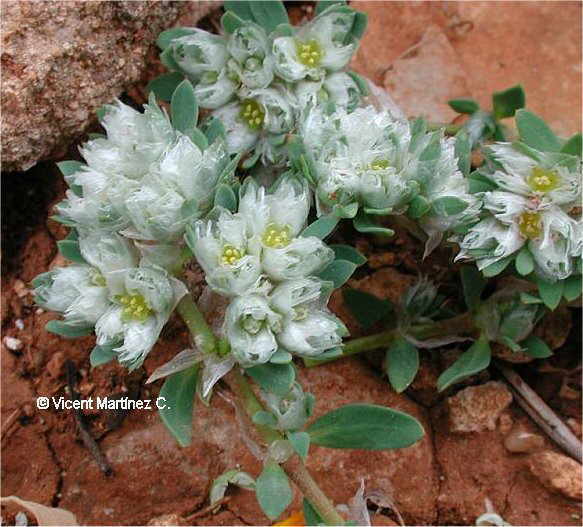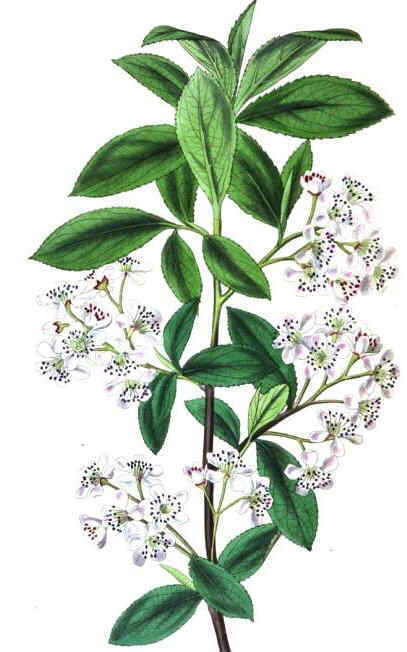Contents
Spices for digestion
Aromatic herbs that prepare the digestive system

In very old treatises, the properties of plants to “tone” the digestive system are already mentioned, especially those containing bitter principles. This use has been repeated for a long time, in a traditional way, but as scientific judgement has increased, these traditional remedies have also begun to be questioned, even being considered attributes without scientific basis or with “magical” properties.
What does it mean that a plant is digestive?
Today we can scientifically explain that, just as our ancient sages suspected, aromatic plants do have a real effect on the digestive system, by stimulating secretions, the absorption of nutrients, or by intervening in satiety mechanisms. This is explained by an incredibly interesting fact, which is that it has been observed that flavor receptors are not only found on the tongue, but are present in many other cells of our digestive and cardiovascular systems (and in other organs).
For example, when stomach cells perceive a bitter taste, the production of ghrelin is stimulated, which is a hunger hormone that stimulates stomach movements. Hence, in ancient times liqueurs from “digestive” plants or digestive “appetizers” were given. Glutamate sensors are also found in the stomach, which regulate gastrointestinal function…
- Flavor receptors are not only found on the tongue, but are present in many other cells of our digestive and cardiovascular systems, which could explain why aromatic herbs and spices have systemic benefits.
Properties of bitter taste in other parts of the body
Taste buds, that is, the cells capable of sensing the bitter taste, are not only found on the tongue, but receptors for this flavor are also found throughout the digestive tract, in the lungs, and in other organs of the body.

It is very interesting to mention that in the lungs, the bitter taste has the ability to stimulate the villi that expel mucus. This makes sense because bacteria make substances that activate these same receptors. In this way, the bitter taste of the air or breath is capable of stimulating the defenses of the respiratory system. All of this also suggests that the properties of citrus fruits for colds go beyond the classic discourse about vitamin C, since they contain, among other phytochemicals, limonin (bitter principle).
It has also been observed that bitter taste receptors are found in the testes and stimulate spermatogenesis.
Spices for the stomach
Aromatic herbs and spices have a beneficial role for the entire digestive system, including the stomach. Capsaicin, the spicy component found in peppers and chili peppers, is being studied for its many potential therapeutic applications. It is antioxidant, anti-inflammatory, antibiotic, and has anti-obesity properties.

It has been observed that eating peppers or chili peppers with meals stimulates acid secretion from the stomach and has a protective effect on the mucosa. Capsaicin also has antibacterial activity against Helicobacter pylori, the main cause of gastritis.
Are spicy foods harmful to the stomach?
Probably at this point the reader will be wondering whether spicy foods are harmful to the stomach, contrary to what is described in these lines. First of all, the remedy is in the dose. You should not abuse spicy foods because, as common sense dictates, when taken in excess they are irritating, spicy, and can even cause asthma attacks in sensitive people.
Secondly, it is interesting the opinion of some scientists on the subject that spices could increase certain types of cancer due to their pesticide content, which indicates that it is very important to consume these organic ingredients, free of toxic pesticides. For example, there are studies that correlate the consumption of capsaicin from chili peppers with an increased risk of stomach and gallbladder cancer. However, the pure substance does not have any genotoxic or carcinogenic effect.
Finally, it is worth considering the relationship that has been found between the consumption of aromatic herbs and spices (which includes the consumption of chili peppers and hot spices), with the reduction of numerous diseases.
![]() More information on aromatic herbs
More information on aromatic herbs








